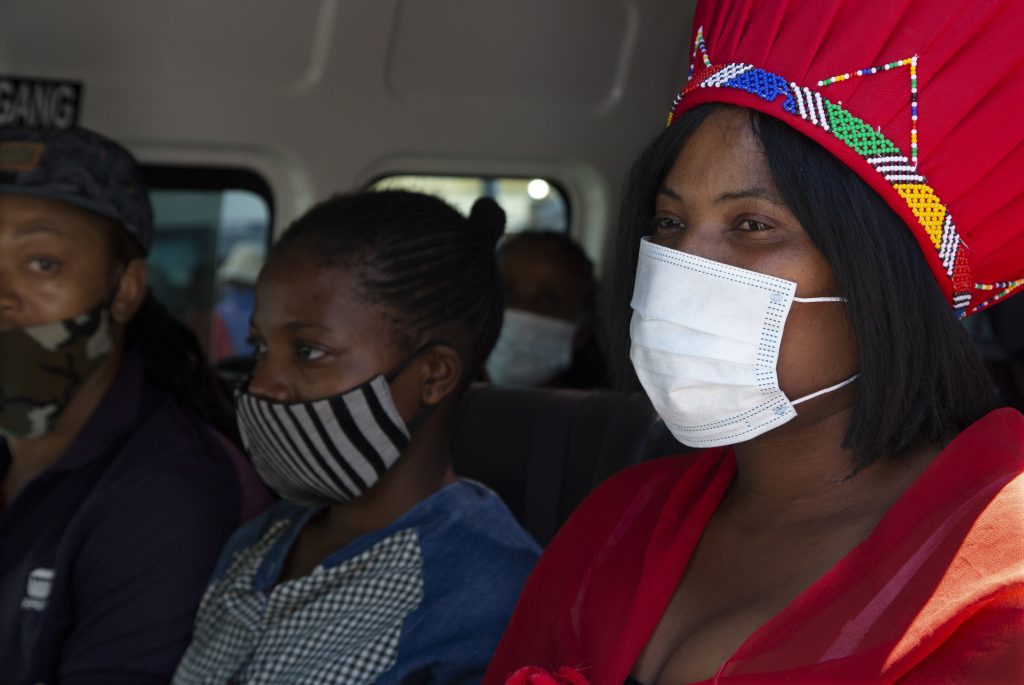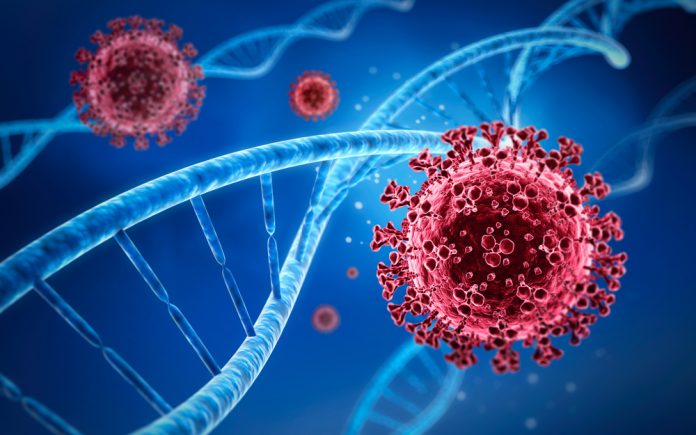Australia’s first case of the mutated South African strain of coronavirus has landed on the Sunshine Coast but should we be worried?
The woman who returned from South Africa with the new strain is asymptomatic and currently in isolation in Sunshine Coast University Hospital. Authorities say all precautions were followed.
While her arrival posed no risk to the public, the surging South African variant is causing concern around the world and has led to hypervigilance at national borders.
The new strain is considered far more contagious than the common coronavirus strain and has become the dominant virus in South Africa where it originated.
Up to 90 per cent of new infections in South Africa have the variant and daily infection and death rates have doubled in recent weeks.
The virus is surging so fast that authorities have warned the country will soon exceed its first wave.
“The rate of spread is much faster than the first wave and we will surpass the peak of the first wave in the coming days,” health minister Zweli Mkhize said.

While there are many strains of the coronavirus around the world, experts say this variant, known as 501.V2, is different because it has specifically become better at spreading.
Put simply, it has developed changes to the spike protein for bonding to hosts, making it super-contagious.
The South African variant appears to have evolved even further than another mutated strain which is wrecking havoc in the UK – called VUI-202012/01- also because it is highly transmittable.
The UK variant is up to 70 per cent more contagious than ordinary COVID and is responsible for most new cases in the south of the country.
The two rampant strains have led to questions in Australia about enforcing pre-flight testing to allow only non-COVID infected travellers coming into the country.
Chief health officer Professor Paul Kelly on Wednesday said pre-flight testing was being looked at but the medical advice did not warrant its introduction.
Queensland’s Dr Jeannette Young said Australia’s strict hotel quarantine process was more vital than ever as cases surged overseas, with travellers the main source of Queensland’s new infections.
Even as the UK became the first nation in the world to start vaccinating, a leading epidemiologist Andrew Hayard has warned Britain is heading for “catastrophe” in coming weeks unless tougher action is taken.
Britain reported its highest daily infection tally since mass testing started in mid-2020, with 53,135 new cases on Tuesday (local time).
However in good news, the South African and UK viruses do not appear to cause more severe illness than other variants.
A new study by Public Health England confirmed the UK variant showed “no statistically significant difference in hospitalisation and 28-day case fatality between cases with the variant and wild-type comparator cases”.
There was also no significant difference in the likelihood of reinfection with the UK variant as compared with the other variants, the study found.
However the “secondary attack rate”, or the proportion of contacts of confirmed cases that develop disease themselves, was higher in people infected with the new variant.
The World Health Organisation is yet to determine whether the South African or UK variants could undermine vaccines being rolled out around the world.
The first Australians are set to be vaccinated by the end of March next year.
At least 24 countries around the world have recorded cases of the South African or UK coronavirus variants, including Lebanon, Singapore, Pakistan, India, South Korea, Japan, France, Germany and Italy.
The US is the latest country to identify a case of the UK variant in Colorado.
-with AAP





